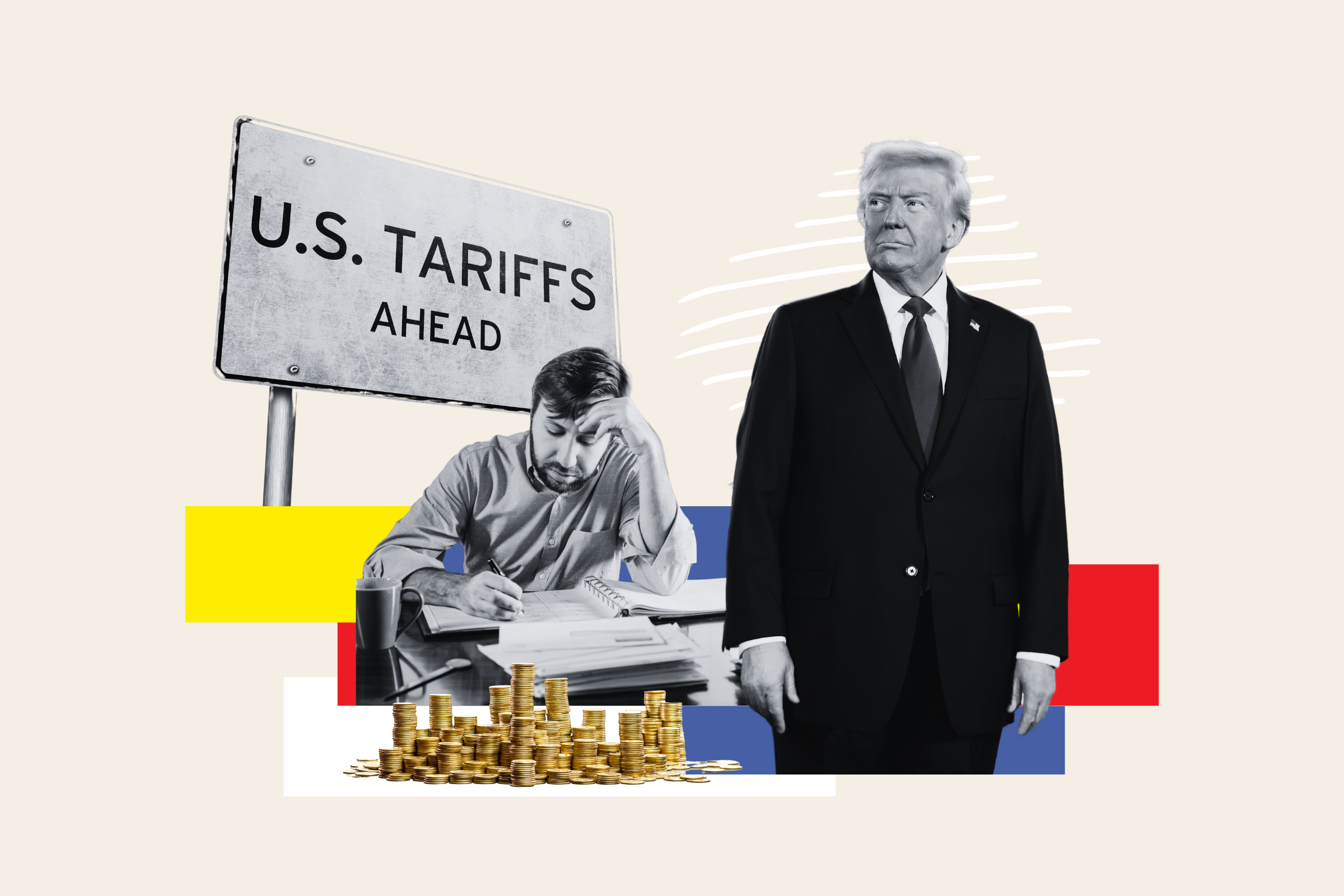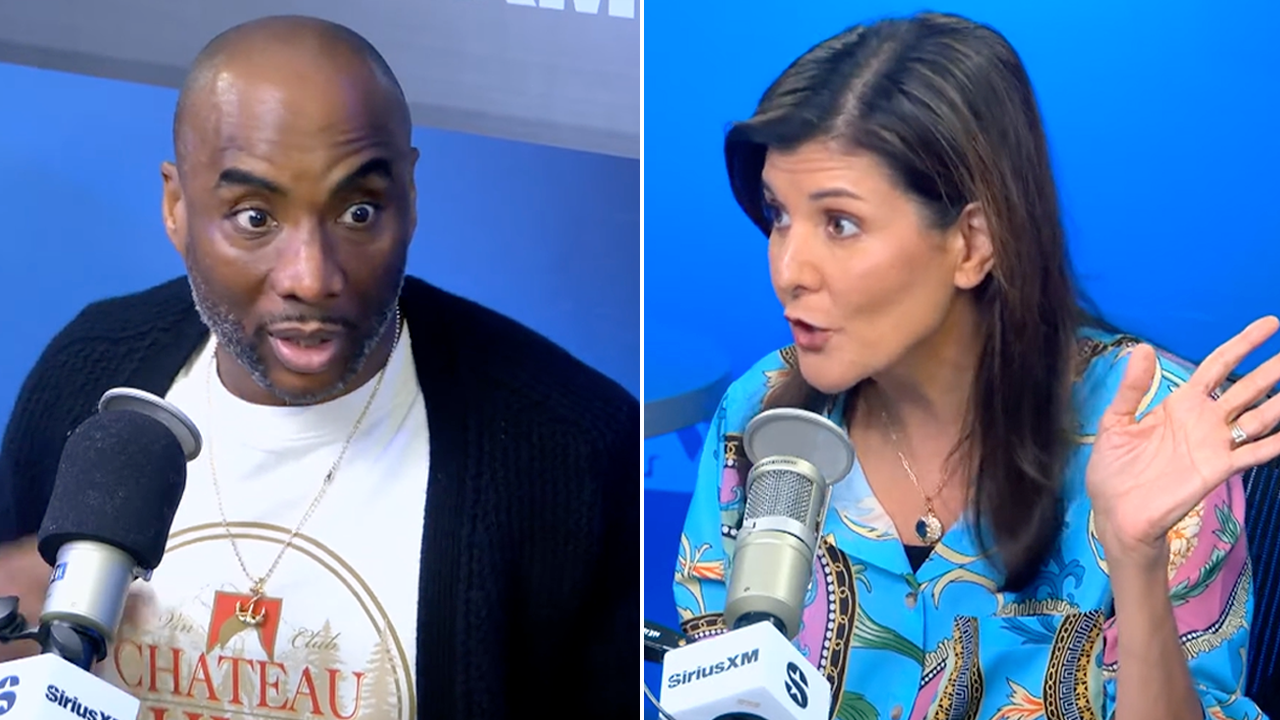“Given the overwhelming evidence, it is clear to the United States and, most importantly, to the Venezuelan people that Edmundo González Urrutia won the most votes in Venezuela’s July 28 presidential election,” Secretary of State Antony Blinken said in a statement Thursday evening.
Blinken did not say the United States was recognizing González as Venezuela’s president.
“We congratulate Edmundo González Urrutia on his successful campaign,” Blinken said. “Now is the time for the Venezuelan parties to begin discussions on a respectful, peaceful transition in accordance with Venezuelan electoral law and the wishes of the Venezuelan people.”
Biden administration officials this week attempted to reach out to the Venezuelan government to discuss the election, according to a person with knowledge of the situation, who spoke on the condition of anonymity because they were not authorized to discuss the private talks. Blinken’s announcement is likely to upset the Maduro government, the person said, and could halt the conversations.
Shortly before Blinken’s statement, Maduro wrote in a post on X that he has “always dialogued, if the U.S. government is willing to respect the sovereignty and stop threatening Venezuela we can resume the dialogue.”
But the talks could only resume, he said, if the United States fulfills its promises made last year in Qatar, during negotiations that led Washington to ease key sanctions on Venezuela in exchange for Maduro’s pledge for a competitive election. He then shared what he said were the documents from those negotiations.
In a news conference Wednesday with international journalists, Maduro accused the United States and the foreign press of inciting a “civil war” in Venezuela. He described González as a “Juan Guaidó Part 2,” in reference to the former opposition leader who declared himself the interim president of Venezuela and was recognized as such by the United States and a host of other nations, but ultimately failed to oust Maduro.
Maduro, the handpicked successor of Hugo Chávez, the founder of Venezuela’s socialist state, has ruled this South American country for more than a decade. During that time, more than 7 million Venezuelans — a quarter of the population — have fled the country amid a collapsing economy and growing repression.
Maduro’s electoral council says he defeated González by seven percentage points to win six more years in office.
Protesters in Venezuela and governments around the world have demanded the government publish precinct-level voting data to prove the claim.
As Venezuelans filled the streets of the capital and other cities this week, Maduro responded with force. He accused González and opposition leader María Corina Machado of “criminal violence”; National Assembly President Jorge Rodríguez, a close ally of Maduro, called for their arrest.
At least 16 people have been killed in clashes across the country since Sunday, according to the rights group Foro Penal, a survey of hospitals and the Defense Ministry. More than 1,000 have been arrested.
The run-up to the vote was not promising. The government disqualified Machado, Venezuela’s most popular politician; muzzled, harassed and arrested campaign staff; and barred European Union observers from monitoring the vote. Still, crowds flooded rallies for Machado and González, her stand-in.
The Carter Center, invited by the government to observe the election, concluded that it “did not meet international standards of electoral integrity and cannot be considered democratic.”
The Atlanta-based center, which sent 17 observers and experts here in late June, said it could not “verify or corroborate the results” declared by the Venezuelan electoral council, “and the electoral authority’s failure to announce disaggregated results by polling station constitutes a serious breach of electoral principles.”
“Venezuela’s electoral process did not meet international standards of electoral integrity at any of its stages and violated numerous provisions of its own national laws,” the center said. It said problems included restrictions on candidates, civil society groups and the media; the use of government resources to boost Maduro; and inadequate provisions for voter registration.
Maduro claimed reelection in 2018, too, after an election widely viewed as fraudulent. The Trump administration then recognized Guaidó, president of the National Assembly, as the country’s rightful leader, and effectively halted U.S. purchases of Venezuelan oil. More than 50 other countries followed suit.
In April 2019, Guaidó appeared outside an air force base in Caracas with some military commanders and declared an uprising. They invited the military and regular Venezuelans to join them in casting off the “dictatorship.” For several hours, protesters filled the streets of Caracas and other cities. But most troops remained loyal to Maduro, and the plot failed and Guaidó’s shadow government eventually fizzled out.
Biden administration officials traveled to Caracas in 2022 to meet with the Maduro government. The discussions, a major departure from past U.S. policy, were aimed in part at driving a wedge between Caracas and its allies in Moscow, Beijing and Tehran and in part at securing more access to energy amid Russia’s war with Ukraine.




















Discussion about this post